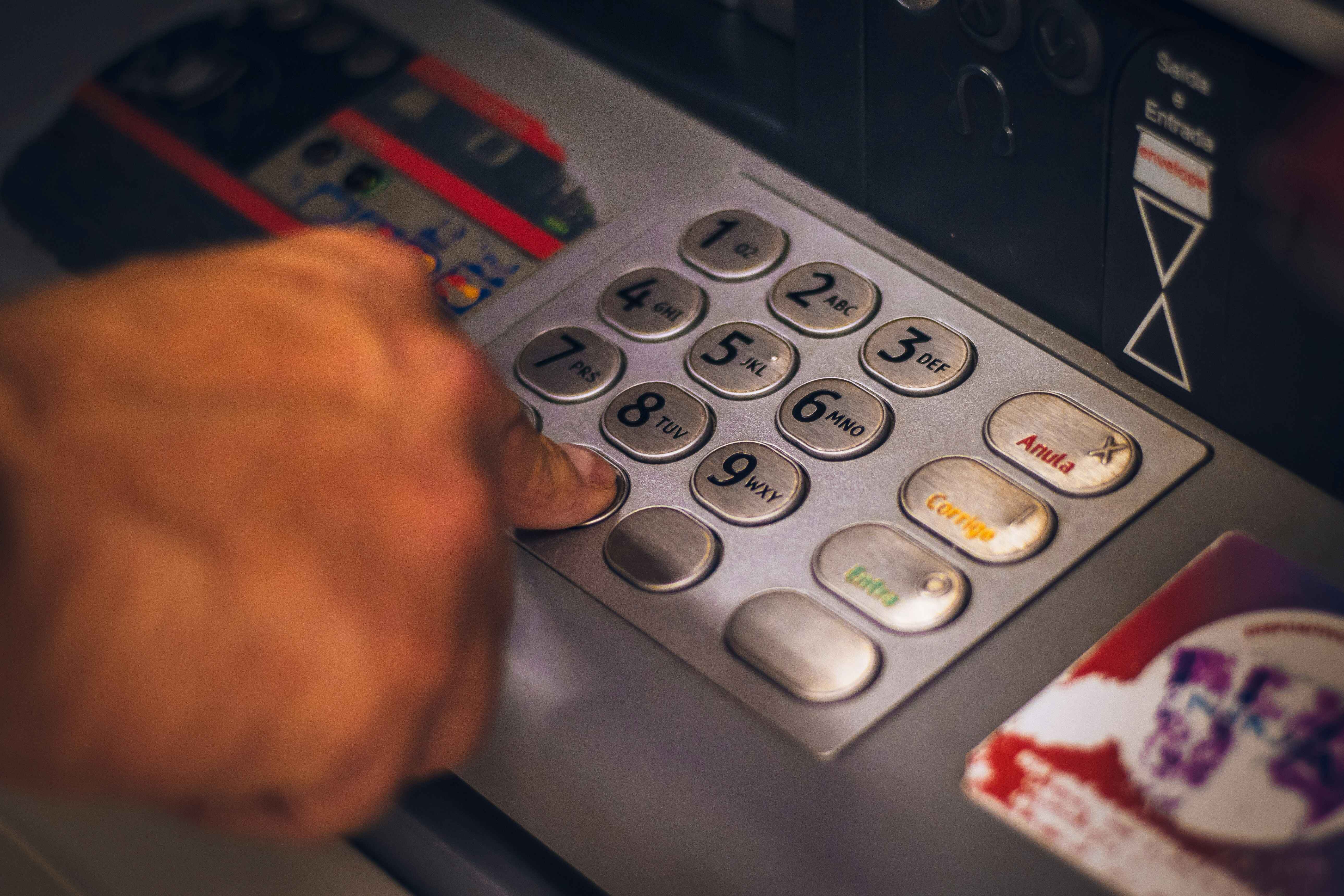When it comes to credit card transactions, terms like “refund” and “reversal” are often used interchangeably, but they represent distinct processes with different implications. Understanding the difference between a credit card refund and a reversal is essential for both cardholders and merchants to navigate transaction disputes and financial matters effectively. In this guide, we will explore the nuances between credit card refunds and reversals to help you grasp the distinctions and know when each process is applicable.
But before we discuss the difference between a refund and a reversal, let us first talk about why you should opt for a credit card from Airtel Finance.
- Higher credit limit
- Huge annual savings
- 100% digital process
- Low Annual Fee
- Relaxed flexibility
- Low joining fees
To avail a credit card, visit the website or download Airtel Thanks App now.
Also Read: BookMyShow Credit Card for Free Movie Tickets – 1 on 1
Understanding Credit Card Refund
What is a Refund?
A credit card refund is a transaction initiated by the merchant to return funds to the cardholder for a purchase that was made. Refunds are typically issued in cases where the customer is dissatisfied with a product or service, the product is defective, or the customer changes their mind about the purchase.
How Does a Refund Work?
When a merchant issues a refund, the transaction amount is credited back to the cardholder’s account. The refund appears as a credit on the cardholder’s statement, effectively reversing the original transaction. Refunds are usually initiated by the merchant voluntarily without involving the card issuer in the dispute resolution process.
Reasons for Refunds:
There are multiple reasons for customers to initiate a refund:
- Customer dissatisfaction
- Defective products
- Change of mind about the purchase
- Product returns
- Price adjustments
Understanding Credit Card Reversal
What is a Reversal?
A credit card reversal, also known as a transaction reversal, occurs when a card transaction is cancelled and the funds are returned to the cardholder’s account. Reversals can be initiated by the card issuer, the merchant, or the payment processor for various reasons, such as errors in processing, duplicate charges, or fraud detection.
How Does a Reversal Work?
In a credit card reversal, the transaction amount is deducted from the cardholder’s account, effectively reversing the charge. Reversals can occur automatically due to system errors, fraudulent activity, or at the request of the merchant or card issuer to rectify transaction discrepancies.
Also Read: IndusInd Bank Credit Card Movie Tickets Offers
Reasons for Reversals:
There are multiple reasons for a customer to initiate the reversal procedure:
- Processing errors
- Duplicate charges
- Fraudulent activity
- Technical glitches
- Disputed transactions
Key Differences between Credit Card Refund and Reversal
Initiator:
Refund: Initiated by the merchant to return funds to the cardholder.
Reversal: Can be initiated by the card issuer, merchant, or payment processor to reverse a transaction.
Reasons:
Refund: Typically issued for customer dissatisfaction, product returns, or errors in the original transaction.
Reversal: Occurs due to processing errors, fraud detection, duplicate charges, or disputed transactions.
Process:
Refund: Voluntarily initiated by the merchant without involving the card issuer in the dispute resolution process.
Reversal: Can be automatically triggered by system errors, fraud detection mechanisms, or at the request of the merchant or card issuer.
Also Read: SBI Credit Cards for Airport Lounge Access Offers
FAQs
1. Can a refund and a reversal occur for the same transaction?
Yes, in some cases, a transaction may first be refunded by the merchant and later reversed by the card issuer or payment processor due to discrepancies or errors in the transaction processing.
2. How long does it take for a refund or a reversal to appear on my credit card statement?
The timeline for refunds and reversals to appear on your credit card statement can vary depending on the merchant’s processing time, the card issuer’s policies, and the reason for the transaction reversal. Refunds typically appear within a few business days, while reversals may vary in processing time.
3. Can I dispute a refund or a reversal if I disagree with the transaction reversal decision?
If you disagree with a refund or reversal decision, you can contact the merchant or card issuer to provide additional information or evidence to support your case. The dispute resolution process may vary depending on the circumstances of the transaction.
4. Are refunds and reversals permanent actions on my credit card account?
Refunds and reversals are typically considered final once processed. However, if there are errors or discrepancies in the transaction, you may have the opportunity to dispute the decision with the merchant or card issuer.
5. Will a refund or a reversal affect my credit score?
Refunds and reversals themselves do not have a direct impact on your credit score. However, excessive refunds or reversals, especially if related to fraudulent activity or disputes, may raise concerns with card issuers and merchants, potentially affecting your creditworthiness.
Understanding the difference between credit card refunds and reversals can help you navigate transaction disputes, errors, and discrepancies more effectively. Whether you are a cardholder seeking resolution for a transaction issue or a merchant processing refunds or reversals, knowing when and how to initiate each process can streamline financial transactions and enhance customer satisfaction.


 Get App
Get App  Airtel Store
Airtel Store  Login
Login 


